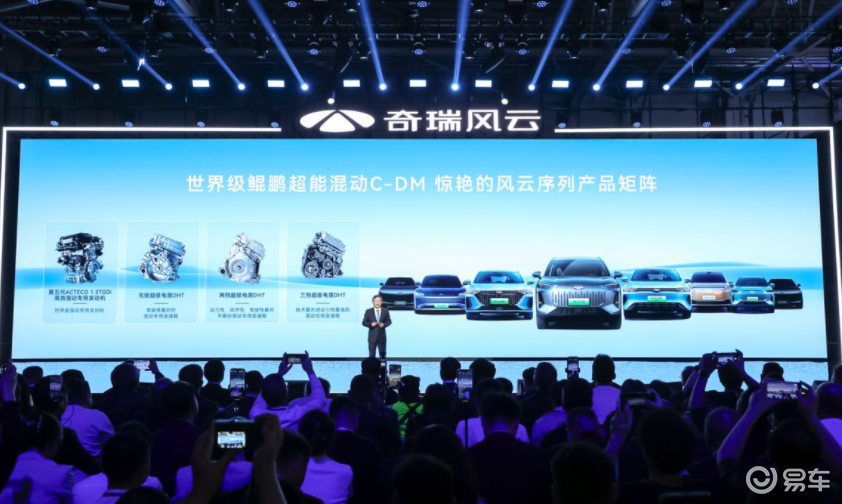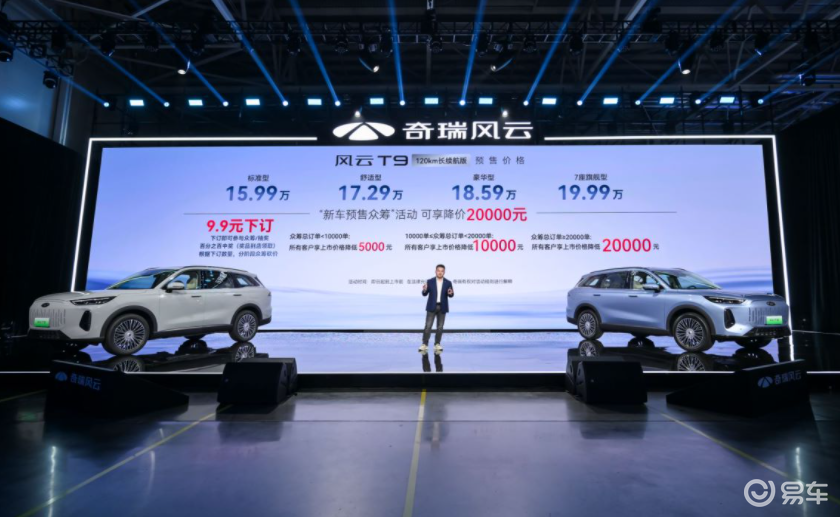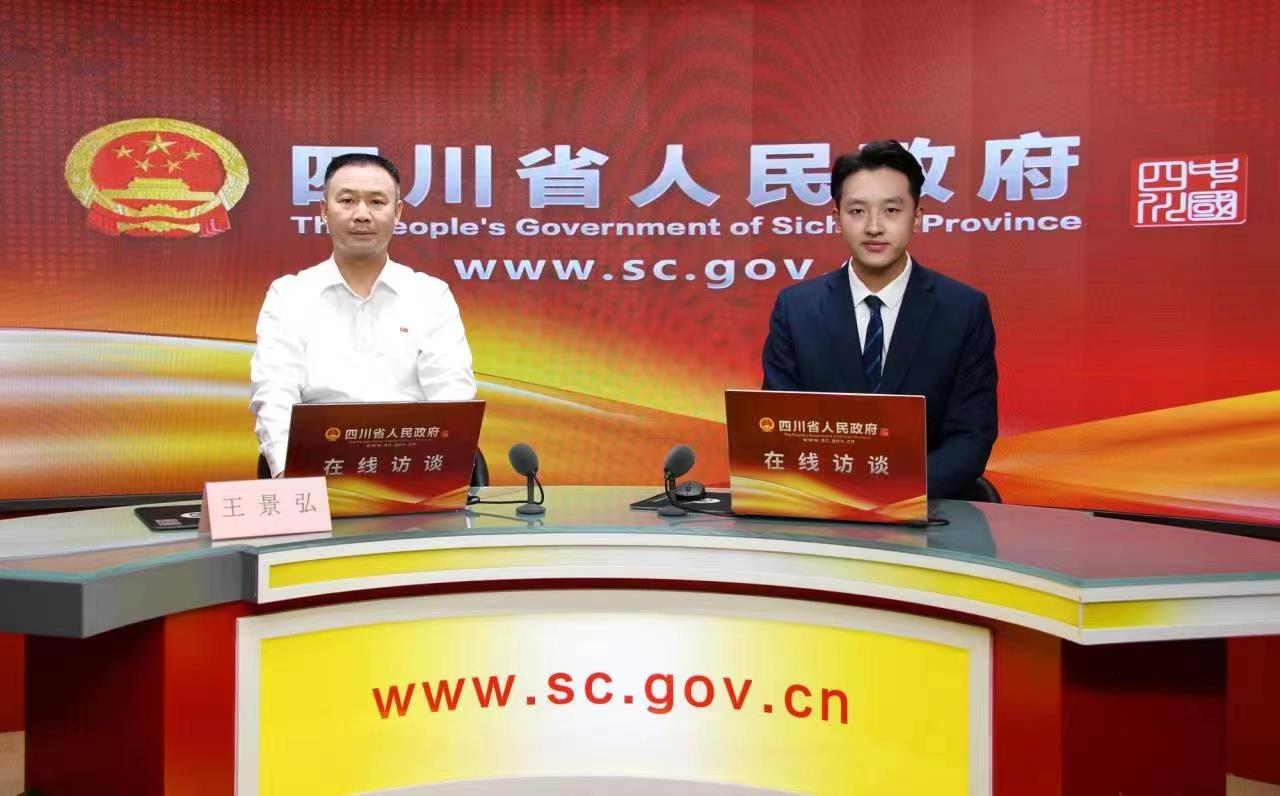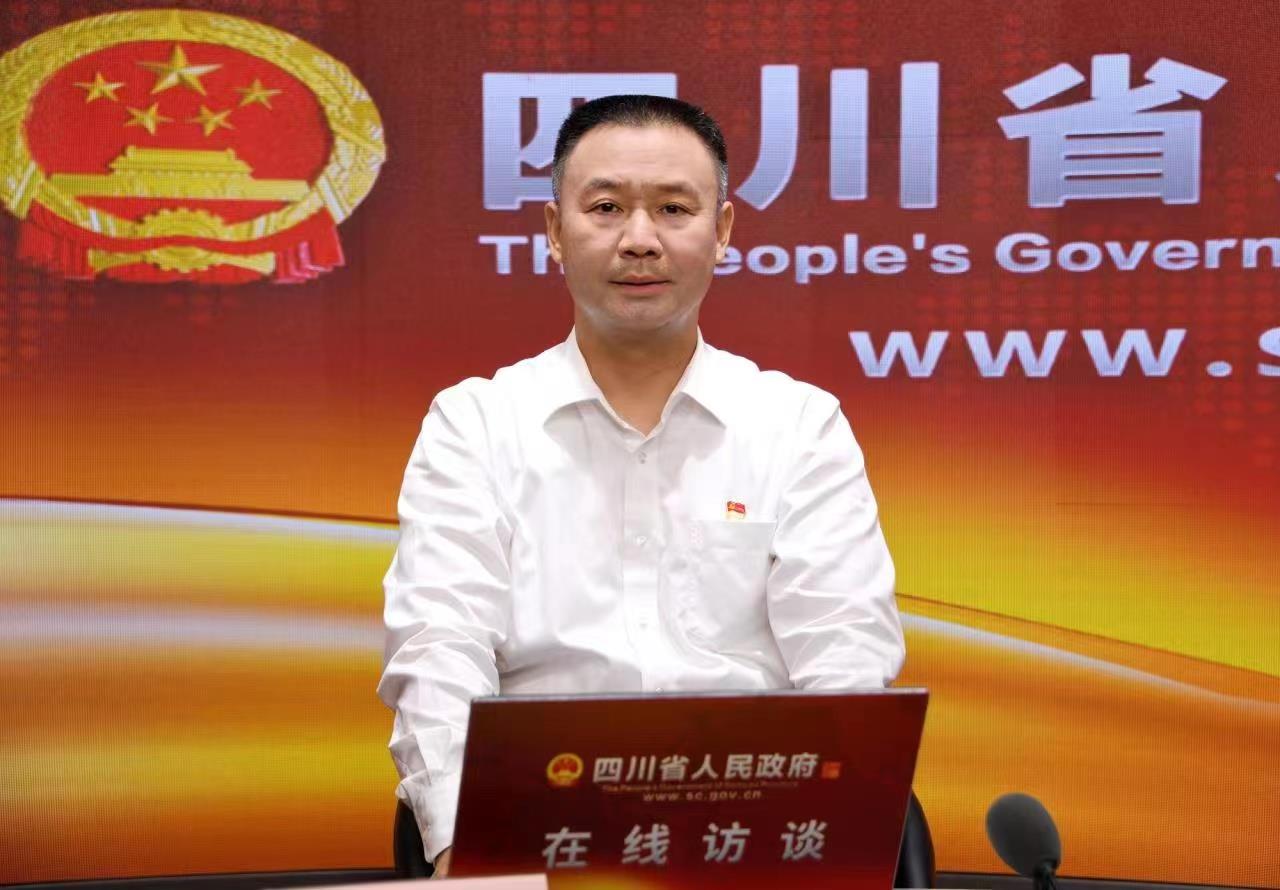Edible oil market: soybean oil is dominant, and consumption is gradually upgrading.
CITICS
Edible oil can be divided into vegetable oil and animal oil according to the category. Edible vegetable oil is the main domestic consumption, and the consumption of animal oil is decreasing year by year. According to the statistics of the National Bureau of Statistics, the proportion of edible vegetable oil in the per capita edible oil consumption of rural households in China has increased from 56% in 1980 to 90% in 2018. Edible vegetable oil is mainly produced from upstream soybeans, rapeseed,
Planting oil seeds such as peanuts and sunflower seeds, squeezing, refining and packaging to obtain packaged edible oil products; In addition, the by-product oil meal can be used as an important feed raw material, while the primary processed products such as crude oil can be used to manufacture daily chemical products, high-quality basic chemicals, nutritional products, etc., which are widely used in food, chemical industry, medicine and other industries.

In recent years, the consumption of edible vegetable oil has increased steadily.
With the increase of per capita edible oil consumption and the substitution of edible vegetable oil for edible animal oil, the consumption of edible vegetable oil in China has continued to increase, and the growth rate of industry consumption has gradually slowed down after 2005, stabilizing at single-digit growth.
According to the statistics of National Cereals and Oils Information Center, in 2017/18 (from October 2017 to September 2018, the same below), the consumption of edible vegetable oil in China reached 34.4 million tons, and the CAGR reached 4.5% in the past five years. Among them, the production of edible vegetable oil reached 29.63 million tons, and the CAGR reached 4.5% in the past five years. Some edible vegetable oils were supplemented by imports.


Soybean oil-rapeseed oil is dominant, and oilseed soybeans are mainly imported.
In terms of scaleAccording to USDA data, the consumption of soybean oil and rapeseed oil in China in 2018/19 reached 15.89 million tons and 8.39 million tons respectively. The consumption of peanut oil, sunflower oil and corn oil ranks second. According to USDA data, the consumption of peanut oil and sunflower oil in China in 2018/19 was 3.09 million tons and 1.5 million tons respectively.
From the perspective of growth rateIn recent years, sunflower oil and olive oil have increased rapidly, with CAGR reaching 10.1% and 6.7% respectively in the past five years.
From the perspective of supplySoybean oil, rapeseed oil and peanut oil are mainly made in China, while sunflower oil and olive oil are mainly imported, accounting for 69% and 93% of consumption; From the perspective of oil materials (raw materials for oil extraction), soybeans are mainly imported, and imports in 2018/19 accounted for 97% of the crush.

Packaging edible oil: soybean oil dominates the market, and consumption is gradually escalating.
According to the packaging methods, edible vegetable oil can be divided into bulk oil, medium packaging edible oil and small packaging edible oil.
In recent years, with the continuous promulgation of national laws and regulations on restricting the sale of bulk oil, the improvement of residents’ living standards and consumers’ increasing awareness of food safety, the consumption of bulk oil has gradually decreased, and the consumption of small and medium-sized packaged edible oil has gradually increased, occupying the main position in the edible oil market.
According to Euromonitor statistics, the consumption of packaged edible oil in China reached 14.67 million tons in 2019 (excluding industry), and the CAGR was 4.8% in 2014-2019. It is expected that the industry will continue to grow steadily in the future, and the expected sales volume CAGR in 2019-2024 is 3.7%.
Looking at retail channels alone, the sales volume, sales volume and retail price of packaged edible oil in 2019 were 103.1 billion yuan, 8.39 million tons and 12,292 yuan/ton respectively, corresponding to CAGR of 2.2%, 3.8% and -1.5% in 2014-2019 respectively.


Soybean oil dominated, and the proportion of high-priced edible oil increased.
In terms of categories, soybean oil is still dominant in packaged edible oil.
According to Euromonitor statistics, in 2019, China’s soybean oil sales accounted for 44%, and rapeseed oil, peanut oil and sunflower oil accounted for 10%, 9% and 7% respectively.
From the retail price, olive oil is much higher than other categories, reaching 97,000 yuan/ton in 2019; Peanut oil and sunflower oil are relatively higher than the average level, with 14,300 yuan and 13,600 yuan/ton respectively in 2019; Soybean oil and rapeseed oil are the most common edible oils, and the price per ton is relatively low. In 2019, they were 11,200 yuan and 10,100 yuan/ton respectively.
With the improvement of people’s consumption level, the sales growth rate of relatively high-priced edible oil is ahead. From 2014 to 2019, the sales of olive oil, peanut oil and sunflower oil reached 9.9%, 5.9% and 8.3% respectively, which was higher than the industry average.


Modern channels are dominant, especially high-priced oil.
Small-package edible vegetable oil has both the attributes of hoarding goods and giving gifts, so modern channels such as supermarkets and supermarkets are the main sales channels.
According to Nielsen statistics (quoted from the company’s prospectus), in 2019, the sales volume of small package edible vegetable oil in supermarkets and supermarkets accounted for 32.4% and 30.9% respectively.
Especially for sunflower seed oil, rice oil, peanut oil, olive oil, etc., the total proportion of hypermarkets and supermarkets is over 70%.
Judging from the trend in the past three years, the proportion of overall hypermarkets has declined, the proportion of supermarkets has increased, and other channels have changed relatively little.


In the future, the industry will grow steadily and the upgrading trend will continue.
In the future, the domestic packaged edible oil industry is expected to maintain a steady growth trend. According to Euromonitor’s forecast, the domestic packaged edible oil sales CAGR will reach 3.7% from 2019 to 2024.
With the increase of people’s income level and the demand for health and quality, the demand for high-end edible oils (such as sunflower oil and olive oil) with more balanced and rich nutrients will continue to increase in the future.
According to Euromonitor’s forecast, from 2019 to 2024, the traditional sales of soybean oil and rapeseed oil will be only 1.5% and 2.7%, while the consumption of sunflower oil and olive oil will reach 4.1% and 5.4% respectively, and the proportion of high-end edible oil sales is expected to continue to increase.

Source: CITIC Securities, "The leading grain and oil company is Hengqiang, and its listing efforts have reached a new high"















































